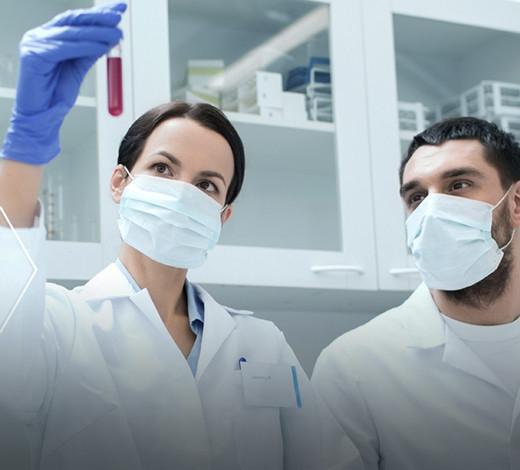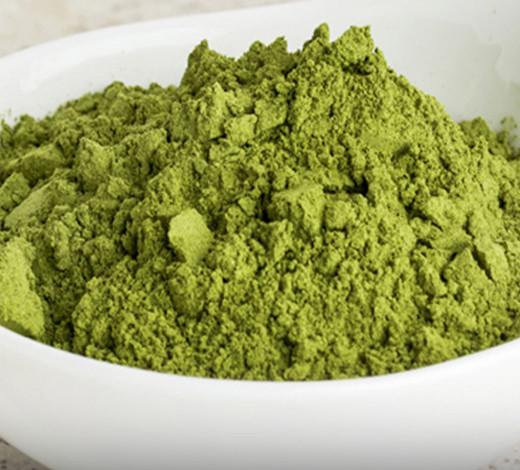Algae Literature
Algae Literature

Already since the 1940s there have been thousands of research projects done with many types of algae. Many of the projects have been published as scientific papers or in various journals as literature. Many of the projects were performed with animals as it is much faster with some species to verify the results, and as it is also much easier to avoid the deviation effects from placebo. Much of the research was also performed with human subjects. Ultimately, when taking into account the hundreds of tests and large trials performed by Dr. Michael Kiriac in Russia, adding the thousands of other research projects from all over the world, one can easily come to the conclusion that the benefits of algae are proven at the cellular level and that the resulting symptoms of health are observed at the organ, or energy or skin, and surface level, and can be diagnosed or observed rationally.
We are providing a partial list here selected among the thousands of such literature available. The selected algae research or papers are those that include the specific algae found in the BIOSUPERFOOD formulas.
Spirulina as it occurs in BIOSUPERFOOD - Research and Literature
Spirulina for Wellness and Longevity
Spirulina for Human Active B12
Spirulina and Brain / Ischemia
Spirulina and Dunaliella and Oral Cancer
Spirulina for Best Fatty Acids
Spirulina Protection vs Herpes
Spirulina Protection against HIV and Herpes
Spirulina's Phycocyanin for Healthy Liver
Spirulina's Phycocyanin Reduces Inflammation
Spirulina Support for Brain Healing from Stroke
Astaxanthin as it occurs in BIOSUPERFOOD - Research and Literature
There are thousands of microalgae on Earth. In 1973, when still at the Academy of Science, Dr. Kiriac began looking into algae as a solution to various health problems. There was evidence that algae could slow the progress of cancer and increase energy and health in animals and humans. In the 15 years following his studies, he investigated hundreds of strains of algae in a formal scientific setting and had the luxury of using hundreds, thousands, and eventually millions of animals to confirm his findings. He learned early on that certain microalgae carry extraordinary nutritional diversity and density. Some microalgae are the most efficient producers of sunlight energy of all plants. Already in 1980, 30 years ago, Dr. Kiriac was studying the haematococcus pluvialis red algae for its extraordinary astaxanthin content when none of his peers had even heard of it.
NOTE: After experiments using astaxanthin as an isolate stand alone supplement as compared to experiments with astaxanthin as part of the Bio-ALgae blends, Dr. Kiriac opted for always using it as part of the overall blend. In this way the benefits of consuming the whole food blend as part of the daily regimen could continue for life without concerns of toxicity when using astaxanthin as a separate.








